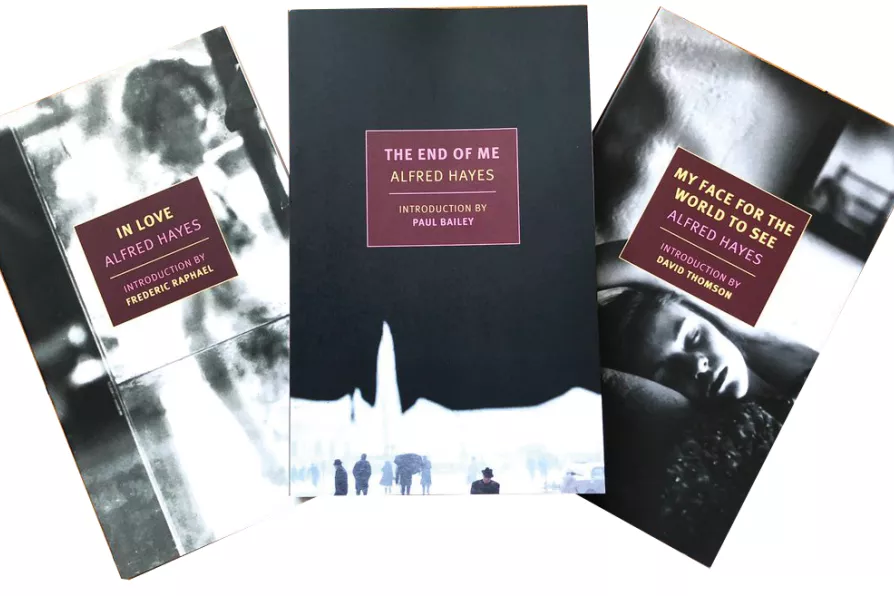The UN has shamefully empowered the occupation of Gaza rather than ending it – we must redouble our efforts to build the movement required to establish a true peace, argues BEN JAMAL
From Joe Hill to Hollywood — the rediscovery of Alfred Hayes
NICK MATTHEWS looks at the life of the communist who wrote the famous working-class poem I Dreamed I Saw Joe Hill Last Night and finds a talented screenwriter and novelist


MANY readers of the Morning Star will know by heart the words of Alfred Hayes’s most famous poem, although they could be more familiar with it as set to music by Earl Robinson and as song by left luminaries like Pete Seeger, Paul Robeson or Joan Baez.
That great celebration of the state-murdered IWW activist, I Dreamed I Saw Joe Hill Last Night, was originally a poem by Hayes.
Hayes was born in Whitechapel on April 11 1911 to working-class, left-wing Jewish family who moved to New York when he was three.
Similar stories

RON JACOBS welcomes a timely homage to one of the IWW and CPUSA’s most effective orators

The Star's critic MARIA DUARTE recommends an impressive impersonation of Bob Dylan

Concert of the Year? No doubt, Pat Metheny at the Barbican in late November...











